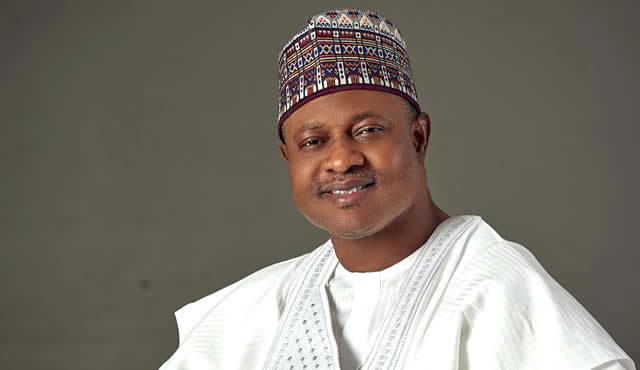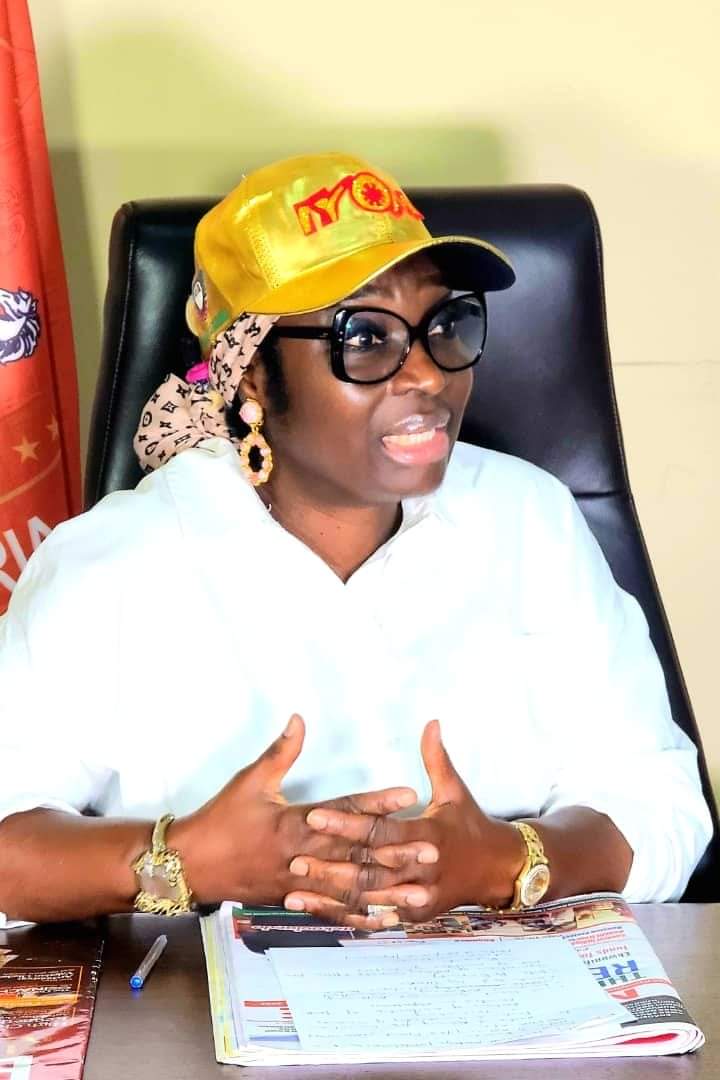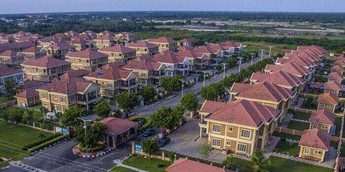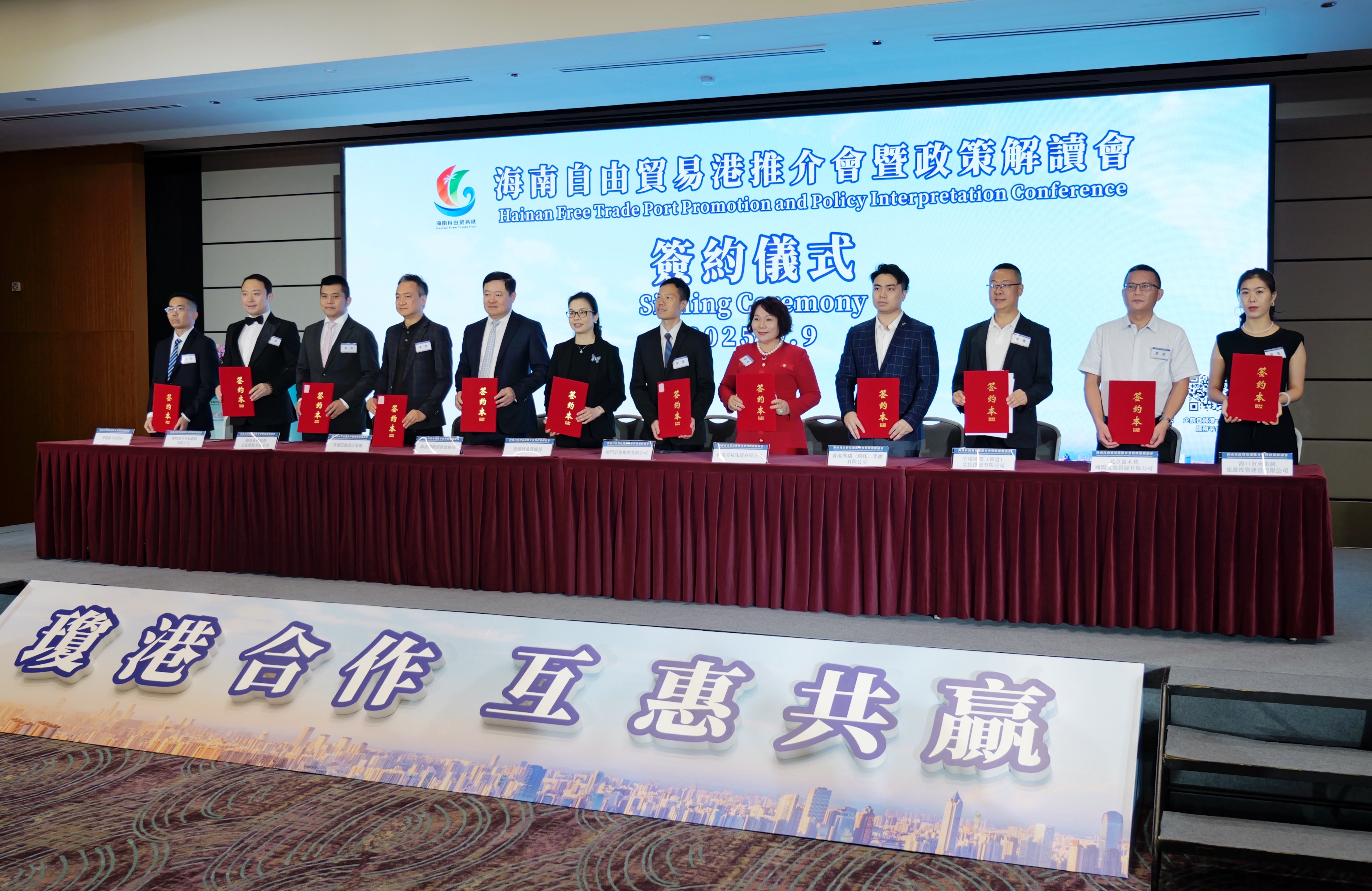In a bold move to strengthen democratic participation and consolidate political support ahead of the 2027 general elections, Kaduna State Governor, Senator Uba Sani, has launched an ambitious grassroots voter registration campaign. The initiative, unveiled in a vibrant ceremony in Kaduna, the state capital, aims to ensure that every eligible voter in the state is registered and empowered to exercise their civic rights. The campaign, described as a strategic effort to bolster the All Progressives Congress (APC)’s electoral prospects, underscores the governor’s commitment to inclusive governance, political mobilization, and grassroots engagement.
The launch event, held at the Umaru Musa Yar’Adua Indoor Sports Hall, Murtala Muhammed Square, was attended by thousands of party supporters, community leaders, youth groups, women’s organizations, and representatives from various local government areas (LGAs) across Kaduna State. The atmosphere was electric, with colorful banners, music, and speeches that emphasized the importance of active participation in the democratic process. Governor Sani, addressing the enthusiastic crowd, reiterated his administration’s dedication to deepening Nigeria’s democratic culture by ensuring that no citizen is left behind in the electoral process.
The Context: Why Voter Registration Matters
Voter registration is a cornerstone of any democratic system, serving as the gateway for citizens to participate in choosing their leaders. In Nigeria, where elections are often marred by logistical challenges, voter apathy, and allegations of electoral malpractices, ensuring a robust and accurate voter register is critical. The Independent National Electoral Commission (INEC) oversees voter registration in Nigeria, but state governments and political actors play a significant role in mobilizing citizens to register and participate.
Kaduna State, with its diverse population of over eight million people, is a political powerhouse in northern Nigeria. The state’s electoral outcomes often have significant implications for national politics, given its large voting population and strategic importance. However, challenges such as low voter turnout, inadequate awareness, and logistical barriers in rural areas have historically hindered full participation in elections. Governor Uba Sani’s initiative seeks to address these challenges by bringing voter registration closer to the people, particularly in underserved and remote communities.
The 2027 elections are particularly significant, as they will mark the next phase of Nigeria’s democratic journey. With the current administration of President Bola Ahmed Tinubu set to complete its first term, political parties, including the APC, are already strategizing to secure a strong mandate. For Governor Sani, who was elected in 2023 under the APC banner, the voter registration drive is both a governance strategy and a political maneuver to solidify his party’s dominance in Kaduna State.
The Launch Event: A Call to Action
The launch of the voter registration campaign was a carefully orchestrated event designed to galvanize support and inspire action. The Umaru Musa Yar’Adua Indoor Sports Hall, named after one of Nigeria’s revered leaders and a former governor of Katsina State, was filled to capacity. The choice of venue was symbolic, reflecting the governor’s intent to connect his initiative to the legacy of progressive governance in northern Nigeria.
Governor Sani, dressed in a flowing white babariga, took to the podium amid cheers from the crowd. In his address, he emphasized the importance of voter registration as a tool for empowerment. “The voter’s card is your power,” he declared. “It is your voice, your choice, and your future. We cannot afford to sit back and allow others to decide for us. Every eligible citizen in Kaduna State must register to vote, and we will ensure that the process is accessible to all.”
The governor outlined the objectives of the campaign, which include increasing the number of registered voters in Kaduna State, raising awareness about the electoral process, and ensuring that marginalized groups, such as women, youths, and people with disabilities, are not excluded. He also highlighted the role of technology in the campaign, noting that his administration would collaborate with INEC to deploy mobile registration units to remote areas and leverage digital platforms to educate citizens about the process.
The Strategy: Grassroots Mobilization
The voter registration drive is structured around a grassroots approach, with a focus on mobilizing communities at the ward and local government levels. Kaduna State is divided into 23 LGAs, each with its unique demographic and political dynamics. The campaign will establish voter registration sensitization committees in all 255 wards across the state. These committees, comprising community leaders, youth representatives, women’s groups, and APC party faithful, will be responsible for identifying eligible voters, educating them about the registration process, and assisting them in obtaining their Permanent Voter’s Cards (PVCs).
To ensure the campaign’s success, Governor Sani announced the deployment of resources to support grassroots mobilization efforts. These include transportation logistics to ferry INEC officials to remote areas, awareness campaigns through radio, television, and social media, and partnerships with civil society organizations to promote voter education. The governor also revealed plans to establish temporary voter registration centers in strategic locations, such as markets, schools, and religious centers, to make the process more accessible.
One of the innovative aspects of the campaign is its emphasis on inclusivity. Governor Sani stressed that the initiative would prioritize groups that are often underrepresented in the electoral process. “We are leaving no one behind,” he said. “Our women, our youths, our brothers and sisters with disabilities, and those in rural communities must have their voices heard. This campaign is for every Kaduna citizen, regardless of tribe, religion, or social status.”
Political Implications: Strengthening the APC’s Base
While the voter registration drive is framed as a civic initiative, its political undertones are unmistakable. Kaduna State has been a stronghold of the APC since the party’s formation in 2013, but recent elections have shown that opposition parties, such as the Peoples Democratic Party (PDP), remain formidable contenders. The 2023 governorship election, in which Uba Sani emerged victorious, was closely contested, with the PDP mounting a strong challenge. By launching the voter registration campaign, Governor Sani aims to consolidate the APC’s support base and expand its electoral footprint ahead of 2027.
Political analysts see the initiative as a strategic move to energize the APC’s grassroots machinery. By mobilizing voters early, the party can identify and address potential challenges, such as voter apathy or logistical bottlenecks, well before the election period. The campaign also provides an opportunity to strengthen the APC’s organizational structure at the local level, ensuring that party loyalists are actively involved in the electoral process.
Moreover, the initiative aligns with Governor Sani’s broader political vision. Since assuming office, he has positioned himself as a progressive leader committed to development, security, and social inclusion. The voter registration drive complements his administration’s efforts to deliver infrastructure projects, improve healthcare and education, and address security challenges in Kaduna State. By linking voter mobilization to his governance achievements, the governor is building a narrative of effective leadership that could resonate with voters in 2027.
Challenges and Opportunities
While the voter registration campaign holds significant promise, it is not without challenges. One of the primary obstacles is the logistical complexity of reaching remote and conflict-prone areas in Kaduna State. The state has faced security challenges, including banditry, kidnapping, and communal clashes, particularly in areas such as Birnin Gwari, Giwa, and Southern Kaduna. Ensuring the safety of INEC officials and campaign volunteers in these regions will be critical to the initiative’s success.
Another challenge is voter apathy, a persistent issue in Nigerian elections. Many citizens, particularly in rural areas, are skeptical about the electoral process due to past experiences of electoral irregularities or unfulfilled campaign promises. Convincing these individuals to participate requires sustained awareness campaigns and tangible demonstrations of the benefits of voting.
Despite these challenges, the campaign presents significant opportunities. By leveraging technology, such as mobile apps and social media platforms, the initiative can reach a broader audience, particularly the youth, who constitute a significant portion of Kaduna’s population. The state’s vibrant media landscape, including local radio stations and community newspapers, can also be harnessed to disseminate information about voter registration.
Furthermore, the campaign provides an opportunity to strengthen collaboration between the state government, INEC, and civil society organizations. INEC has expressed its support for the initiative, with the Kaduna State Resident Electoral Commissioner, Mallam Aminu Idris, pledging to work closely with the state government to ensure a seamless registration process. Civil society groups, such as the Kaduna State chapter of the Nigerian Civil Society Situation Room, have also commended the governor’s efforts and expressed their willingness to partner on voter education.
Broader Implications for Nigeria’s Democracy
Governor Uba Sani’s voter registration drive has implications beyond Kaduna State. As one of Nigeria’s most politically significant states, Kaduna’s electoral dynamics often set the tone for national politics. A successful campaign could serve as a model for other states, demonstrating the importance of proactive voter mobilization in strengthening democracy. It could also inspire other governors to launch similar initiatives, thereby increasing overall voter participation in the 2027 elections.
At a national level, the campaign aligns with ongoing efforts to reform Nigeria’s electoral system. The passage of the Electoral Act 2022, which introduced innovations such as the Bimodal Voter Accreditation System (BVAS) and electronic transmission of results, has raised hopes for more transparent and credible elections. By ensuring that more citizens are registered and equipped with PVCs, Governor Sani’s initiative contributes to the broader goal of enhancing electoral integrity.
The campaign also highlights the role of state governments in complementing INEC’s efforts. While INEC is responsible for conducting elections, state governments have a critical role in mobilizing citizens, providing logistical support, and creating an enabling environment for electoral activities. Governor Sani’s proactive approach could encourage other state leaders to take similar steps, thereby fostering a more participatory and inclusive democratic process.
The Road Ahead: Sustaining Momentum
As the voter registration campaign gains momentum, sustaining public interest and participation will be key. The governor has outlined a timeline for the initiative, with the first phase focusing on awareness and mobilization, followed by the deployment of registration centers and the distribution of PVCs. The campaign is expected to run for several months, with periodic evaluations to assess progress and address challenges.
To maintain momentum, the administration plans to engage traditional and religious leaders, who wield significant influence in Kaduna’s communities. These leaders will be tasked with encouraging their followers to register and participate in the electoral process. The campaign will also leverage cultural events, such as festivals and community gatherings, to promote voter registration.
Youth engagement is another priority. Kaduna State has a large population of young people, many of whom are active on social media. The campaign will utilize platforms like X, Instagram, and WhatsApp to share information, dispel myths about the electoral process, and encourage young people to register. Influencers and celebrities from Kaduna, such as musicians and actors, will be enlisted to amplify the campaign’s message.
Voices from the Ground
During the launch event, several attendees shared their perspectives on the initiative. Aisha Musa, a 25-year-old trader from Zaria, expressed excitement about the campaign. “I have never voted before because I didn’t have a voter’s card,” she said. “This program will make it easier for people like me to register and participate in the elections. I want my voice to be heard.”
Similarly, Mallam Ibrahim Sule, a community leader from Igabi LGA, commended the governor’s foresight. “This is a step in the right direction,” he said. “Our people need to understand that their vote matters. By bringing registration closer to our communities, the governor is showing that he cares about our participation.”
However, some residents expressed concerns about the security situation in certain parts of the state. “We want to register, but we need assurance that it will be safe to do so,” said John Yakubu, a farmer from Southern Kaduna. “The government must work with security agencies to protect registration centers in areas affected by insecurity.”
Conclusion: A Vision for Democratic Renewal
Governor Uba Sani’s grassroots voter registration drive is a bold and timely initiative that reflects his commitment to democratic renewal and inclusive governance. By prioritizing voter mobilization, the governor is not only strengthening the APC’s electoral prospects but also empowering Kaduna’s citizens to shape their future. The campaign’s success will depend on effective implementation, sustained public engagement, and collaboration with stakeholders such as INEC and civil society.
As Nigeria prepares for the 2027 elections, initiatives like this serve as a reminder of the power of collective action in building a stronger democracy. For the people of Kaduna State, the voter registration drive is an opportunity to reclaim their voice, assert their rights, and contribute to the state’s political and developmental trajectory. With Governor Sani at the helm, Kaduna is poised to set a new standard for grassroots mobilization and democratic participation in Nigeria.







